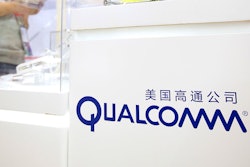Although the era of connected devices is already upon us, significant technological hurdles still need to be cleared in order to realize the full potential of the Internet of Things.
Researchers from Aalto University in Finland pointed to two challenges in particular — dramatically shrinking the transistors in computer chips, and making data collection and storage more energy-efficient.
In an effort to help resolve both, the team recently published a study demonstrating their "ferro-electric tunnel junctions."
The tiny structures are comprised of nanometer-thin films between two electrodes that could enable stable and efficient neuromorphic computing — that is, computers that mimic the neural networks of the human brain.
The films are easily printable and made from readily available hydrocarbons instead of toxic metals.
More importantly, they can also work at less than five volts of electricity and retain data for more than a decade without power.
Ultimately, researchers hope that millions of the structures could be incorporated into a network as little as one square centimeter in size.
MM: Tiny, Advanced Transistors To Power The Internet Of Things
In this Manufacturing Minute episode, researchers look at dramatically shrinking the transistors in computer chips, and making data collection and storage more energy-efficient to realize the full potential of the Internet of Things.
Jan 24, 2018
Latest in Home
ABB to Invest $110 Million in 4 U.S. Plants
September 17, 2025
Nvidia CEO Huang Says He's Disappointed by China Chip Curbs
September 17, 2025






















